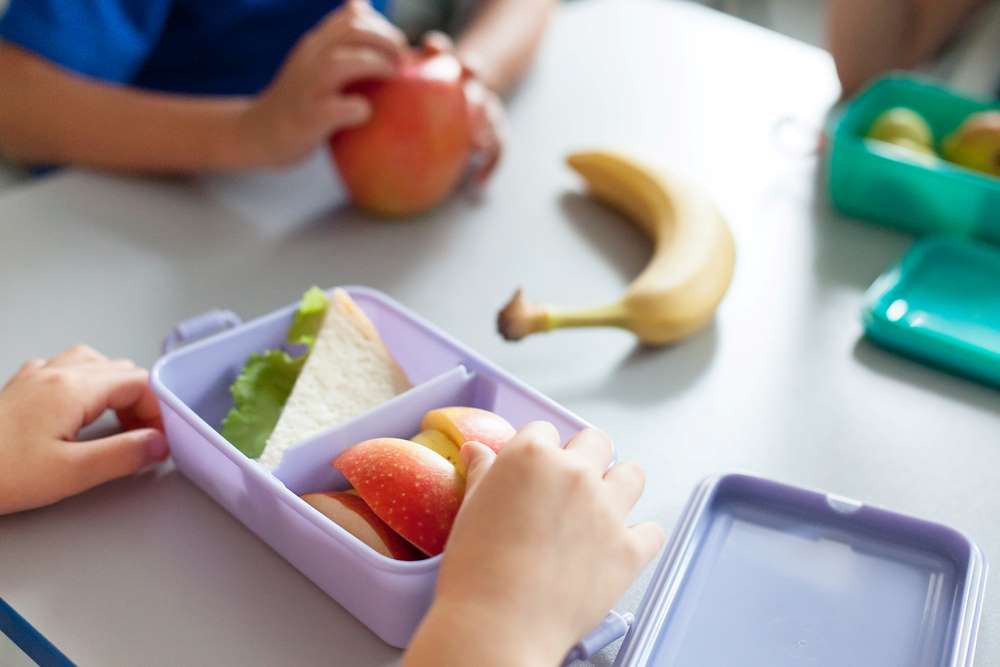
One of life’s greatest pleasures is eating. After all, tasting all sorts of dishes and feeling full in the end is unlike any other. Unfortunately, not everyone appreciates this pleasure, nor do they have the resources to eat three meals daily. Consequently, not only are they missing out on great-tasting food, but their health is also getting compromised, particularly their cognitive functions.
Since food heavily influences one’s health, it’s safe to say that children feel its effect even more, considering their young age. However, they often don’t know any better since children tend to be sensitive about what they eat. As a result, they prefer to fill their diet with everything that tastes good on their tastebuds. Sweets, caffeine, salty foods—although eating them brings up their happiness levels, that doesn’t mean they do the same to the rest of their bodies.
Admittedly, children’s picky nature might seem frustrating to deal with for some adults, especially the parents themselves. Hence, they’re bound to give in and spoil their kid with everything they want, regardless of how bad it is for them. But little did they know, that food experts like myserenitykids.com advise against this technique since children’s diets impact their brains, especially their learning.
-
Develops The Brain
One of the reasons why food is so fulfilling is due to the nutrients it delivers to the body. Although they’re essential, nutrients are compounds that the body produces scarcely. With so little production, the human body only depends on food to absorb nutrients.
However, because many foods are manufactured, people are often susceptible to consuming foreign substances, especially baby food. Therefore, new parents must be cautious when choosing baby food without heavy metals and other contaminants. Given the food the parents buy is their only source of nutrients, children will suffer the most consequences.
Since many factors contribute to why foreign materials end up in manufactured food, it’s highly recommended to turn to naturally grown food when going on a grocery run, particularly fruits and vegetables. Because despite how all types of food give off nutrients, the human body is much more attracted to natural nutrients. Hence, natural food is preferable.
Considering children still have a lot of room to grow, they need all the nutrients they can get to develop their bodies. In addition, given how active their cognitive functions are, their brains benefit the most from the nutrients they absorb. New parents don’t have to worry too much about whether or not their children eat fruits or vegetables, especially if they’re still infants. In this case, breast milk is much more ideal for them instead of using a formula.
-
Affects Focus
Since children are at an age where their cognitive functions are still adaptable enough to be molded further, they’re much more susceptible to their environment. But as long as they get proper nutrition, they can improve one’s energy, boosting their ability to focus. After all, carbohydrates and protein significantly strengthen the body while providing the energy it needs to function.
Naturally, there are some exceptions. Because while consuming food rich in carbohydrates or protein is good, taking too much glucose is less than ideal. For those who don’t know, glucose releases insulin in the body to process newly digested food. However, consume too much, and they’re likely to head straight into a ‘food crash,’ which only happens when the amount of glucose gets so high that the body shuts down while processing the food.
Once that happens, it can’t absorb the nutrients from the food properly. If this continues for too long, the body will only continue to digest the food without processing its nutritional value. Hence, it leads to a significant drop in energy levels (or lethargy), hindering the child from focusing on the task.
-
Regulates Mood
Although playing is incredibly stimulating for the child's learning, the outcome still depends on the food they consume. This isn’t because the parents are feeding them something they don’t like, but because of the lack of nutrients they’re getting from the food they eat. For example, trans fats are synthetic nutrients found in fried foods, particularly fast food. Considering they’re artificial, the body’s deprived of any natural nutrients, resulting in behavioral difficulties for the youngster in addition to their compromised health.
Takeaway
Food and water play an integral part in nourishing the body. Considering they’re still in the process of growing up, children need all the food they can get for sustained growth since it’ll affect their learning process. Therefore, parents – whether new or experienced – must be extremely mindful of how their child’s diet affects their learning.



























